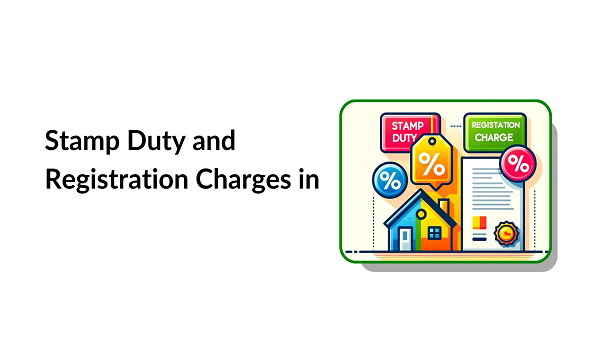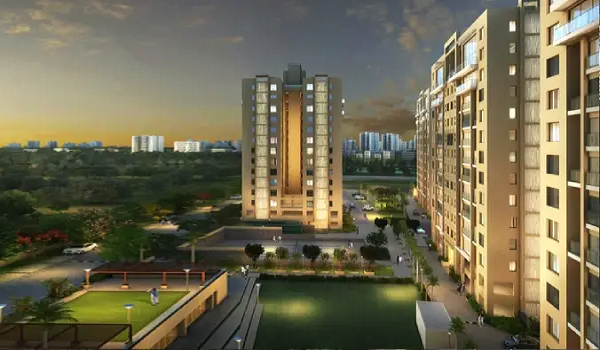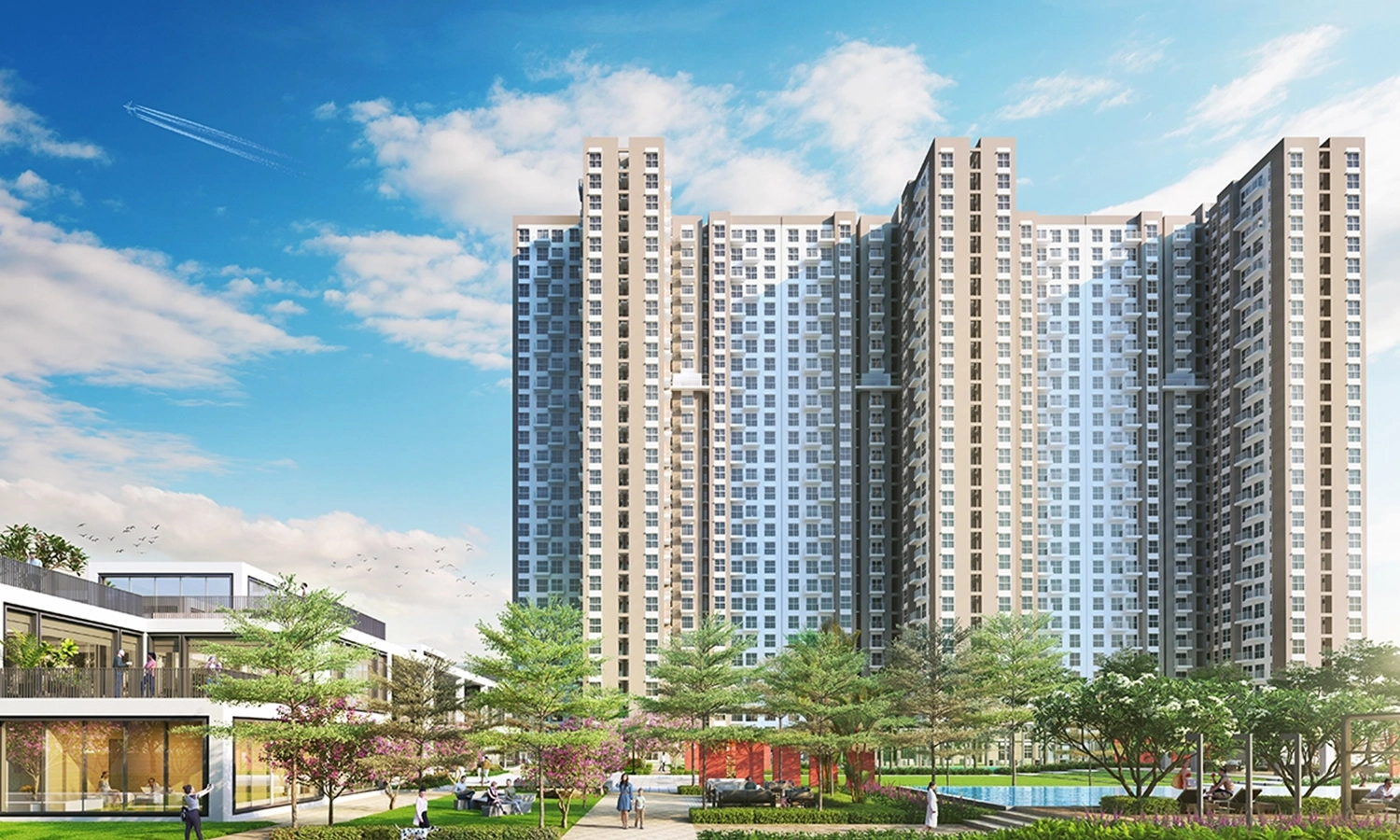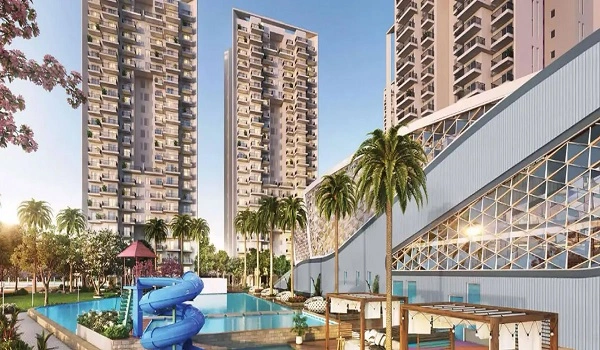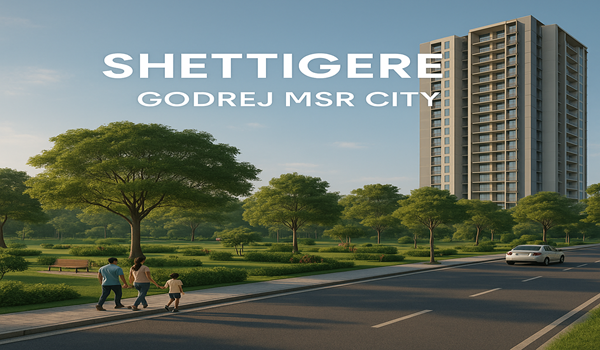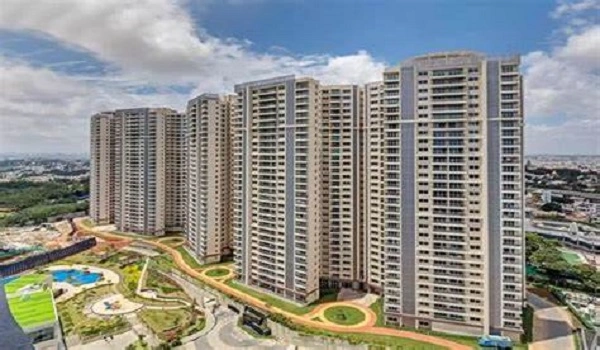Top Regulatory Approvals Every Housing Project Needs In 2025
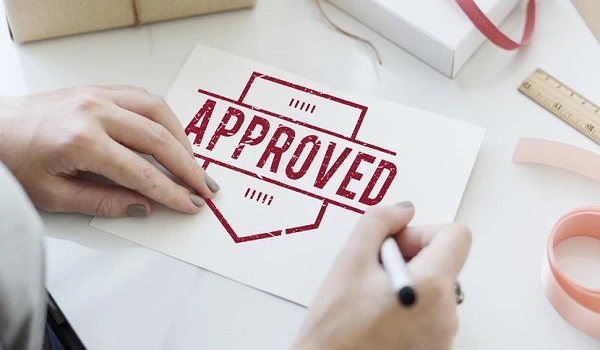
Before any builder can start a new housing project in India, they need to get a number of legal and safety approvals. These permissions protect both the builder and the buyer. They ensure that the land is legal, the building is safe, and all basic services like water and power will be available once the home is ready.
In well-planned townships like Godrej MSR City in Shettigere, North Bangalore, all these clearances are secured in advance. That's why buyers feel more confident and safer investing in such projects.
If the land was earlier marked for agriculture or industrial use, it must be officially converted to residential use before any housing project begins. This approval is given by the Town Planning Department or District Collector.
Why it matters: Without this, the land can't be used for building homes.
Permission for how the entire layout of the project is planned—roads, parks, open spaces, and where each building will go. It ensures the project matches the city's master plan.
Why it matters: Helps prevent overcrowding and ensures enough space for roads and greenery.
Before building starts, the local authority must approve the architectural and structural design. This includes safety features, the number of floors, parking, and ventilation.
Why it matters: Ensures the structure is legal and safe. Deviating from this plan during construction is not allowed.
After all key documents are approved (land use, zoning, building plan), the builder must get a CC to start construction.
Why it matters: Without it, starting construction is illegal.
Projects above a certain size (usually 20,000 sq. meters) need an environmental clearance. This checks if the project will harm water, air, or greenery. It's issued by the Environment Department or State Authority.
Why it matters: Protects the environment and future residents from pollution and poor planning.
All high-rise buildings must be approved by the Fire Department. They check if the building has fire exits, alarms, sprinklers, and safe access for fire engines.
Why it matters: Ensures the building is ready for emergencies and meets safety rules.
Builders must get permission to connect to city water lines and sewage systems.
Why it matters: Guarantees proper sanitation and safe drinking water.
Builders also need approval from the power supply department to get electricity for construction and later for homes.
Why it matters: Ensures power is available when people move in.
Once the building is complete, the city authority checks if everything matches the approved plan. If yes, they issue a completion certificate.
This is the final and most important certificate. It means the building is now safe and ready for people to live in. Without an OC, a home is not legally fit for occupancy.
Why it matters: You need an OC to get water, power, and register your property. Always ask for it before moving in.
- Registration: All new projects must be registered under RERA.
- Transparency: Builders must upload project details—plans, timelines, legal status—on the RERA portal.
- Safety of funds: 70% of buyer money must go into an escrow account and only be used for that project.
- Quality promise: Builders are responsible for any structural issues for five years after handover.
Why it matters: Buyers can check project details directly on the RERA website. Godrej MSR City, for instance, is fully RERA-approved, giving buyers added confidence.
- Online Approvals: Many states now offer digital approval systems. This makes the process faster and reduces corruption.
- Green Building Codes: Developers are encouraged to follow eco-friendly building norms. Some states even offer extra benefits if a project is certified green.
- Smart City Guidelines: In areas like North Bangalore, new rules include smart waste systems, EV charging points, and better traffic planning.
- Check RERA First: Go to the official RERA website and search the project name.
- Ask for Copies: Don't just rely on promises. Ask for the actual approval documents—especially the OC.
- Take Legal Help: If you're unsure, hire a property lawyer to check everything before you sign.
Buying a home is a big step. Always check that your builder has followed all the rules. Projects like Godrej MSR City follow every legal step carefully—making them a safe and smart choice for homebuyers in 2025.
